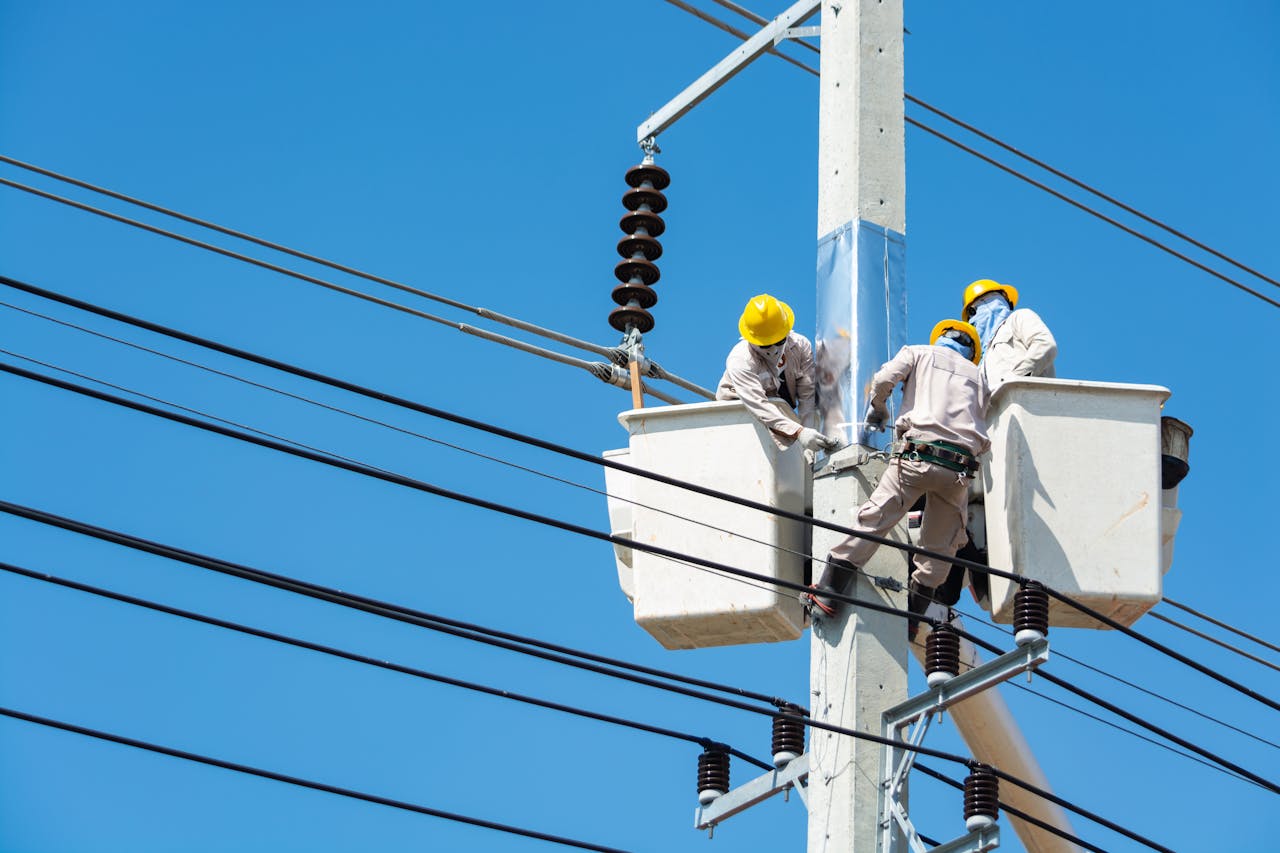South Africans with disabilities often face challenges accessing education and transport. South Africa’s new government must do more to help its citizens, writes Koketso Moeti.
As South Africa prepares for its first sitting of the new National Assembly following the recent election, those newly elected representatives should seize the moment and commit to improving the lives of people living with disabilities. Despite a progressive constitution, supported by legal frameworks, South Africans with disabilities still face many challenges to fully participate in society and that must change.
According to Statistics South Africa, 6 per cent of South Africans have a disability, while many more experience temporary disabilities. South Africa is not excluded from the increase in disability, despite some global and regional differences in patterns. Indeed, according to the World Health Organization (WHO) “almost everyone will temporarily or permanently experience disability at some point in their lives.” According to the same organisation “people are living longer, but with more disability”.
It is vital that South Africa addresses this issue before it is too late. We are on a trajectory where there will be higher numbers of people with disabilities, particularly as some of the leading causes of disabilities in the country, like non-communicable diseases continue to grow.
People with disabilities regularly face significant barriers to accessing a wide range of services, including basic services. And as a result, they are more likely to experience multiple deprivations, compared to those without disabilities.
One example of this is access to education. According to Stats SA, between 2011 and 2016 the number of people with disabilities under 24 not receiving education increased from 21 per cent to 24 per cent. A childhood friend was forced to quit school because he was described as ‘slow’. After an intervention from a social worker, it was discovered that he was visually impaired, which likely affected his school performance. Even after this discovery, accommodations were not made for him, and he never could return to school. Years later, this is not unusual. Access to education continues to remain elusive for many children with disabilities in South Africa, owing to deeply systemic challenges.
On the roads
Those with disabilities struggle to access public transport. In 2009, the first phase of the ‘Rea Vaya’ Bus Rapid Transit system was launched to much fanfare in Johannesburg. It would later emerge that the system was not user-friendly for the elderly and disabled. The Johannesburg Development Agency reportedly assured users that it would bring Universal Access Consultants on board to address their concerns. Although lifts for wheelchairs were installed in buses, these often do not work and difficulties accessing the bus stops remain.
Metrobus, the City of Johannesburg’s bus transport services, launched a specialised service and also offers discounted fares for people with disabilities. While these efforts are welcome, addressing barriers to using the service, like the inaccessible bus stops, have been neglected.
Accessibility is often limited to providing access for those using mobility aids, ignoring the variety of needs of people with disabilities such as communication and visual impairments.
People with disabilities, like all human beings, should be able to participate fully in the world and lead healthy, vibrant lives that enable them to thrive. Universal accessibility contends that everyone – regardless of their physical or cognitive abilities – should be able to access and use the same amenities, services and environments. This doesn’t just help people with disabilities, but also their families and society at large
Access for people with disabilities should not be an afterthought, limited to lip service or reserved for special occasions. It should be the norm and South Africa’s newly elected government should prioritise this.
Photo credit: Pexels





